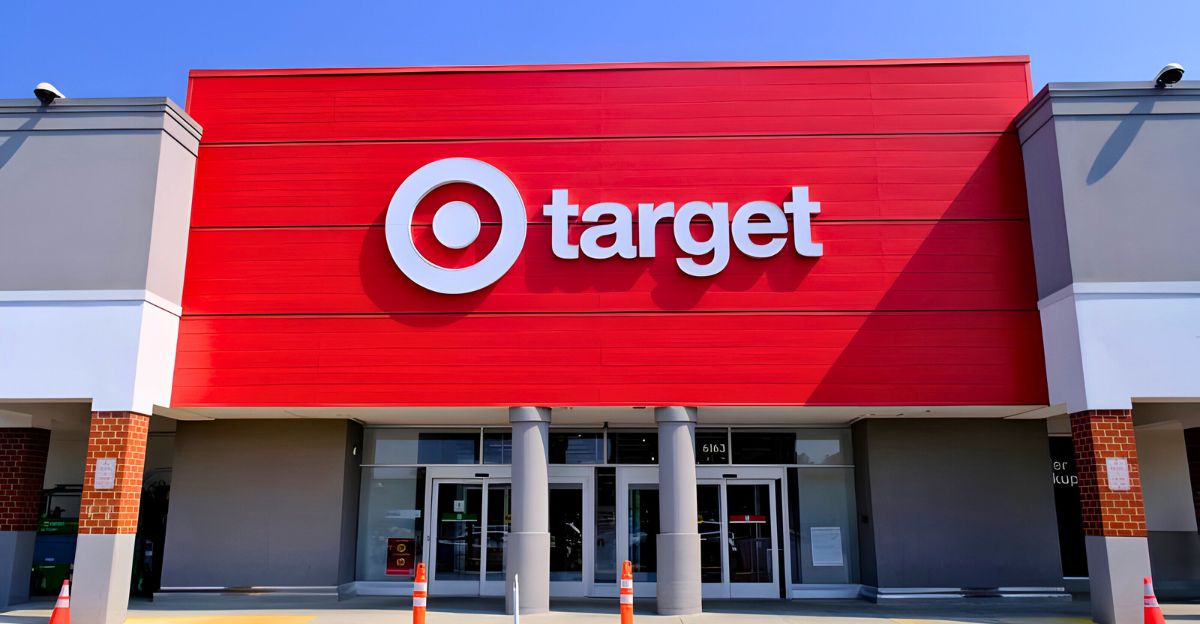
Target is navigating a challenging period marked by a notable sales decline, tariff-related cost pressures, and significant backlash following its rollback of diversity, equity, and inclusion (DEI) initiatives. In early 2025, the retailer lowered its sales forecast, triggering a sharp drop in its stock price amid mounting concerns from investors and consumers alike.
These issues intertwine economic challenges, such as tariff impacts on pricing and supply chains, with social dynamics stemming from Target’s decision to end its $2 billion DEI commitment. Understanding this interplay is crucial to grasp how major retailers balance financial performance with evolving social expectations.
Background on Target’s DEI Initiatives
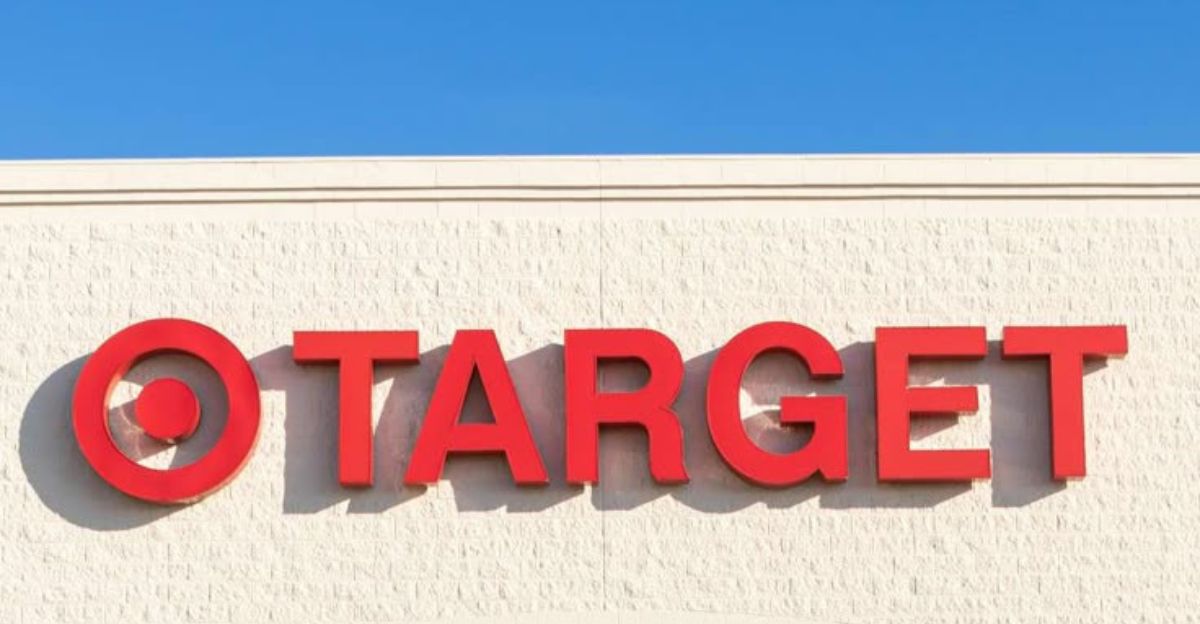
Target’s DEI efforts began expanding significantly between 2016 and 2020, highlighted by a $2 billion commitment to support Black-owned businesses through the REACH initiative and a Supplier Diversity program.
These programs aimed to increase representation in hiring and procurement, reflecting Target’s corporate values of inclusion and equity. The company gained recognition for fostering an inclusive workplace and supplier ecosystem, embedding DEI as a core element of its business strategy and brand identity.
The DEI Rollback Announcement

In January 2025, Target announced it would terminate the REACH initiative and rebrand its Supplier Diversity program to Supplier Engagement, signaling a major shift away from explicit DEI goals. Internal communications cited a strategic pivot toward “neutrality” to reduce political backlash and adapt to an evolving external environment.
This rollback ended Target’s three-year DEI objectives and ceased participation in external diversity surveys, sparking immediate surprise and concern among employees, consumers, and investors.
Public and Consumer Backlash
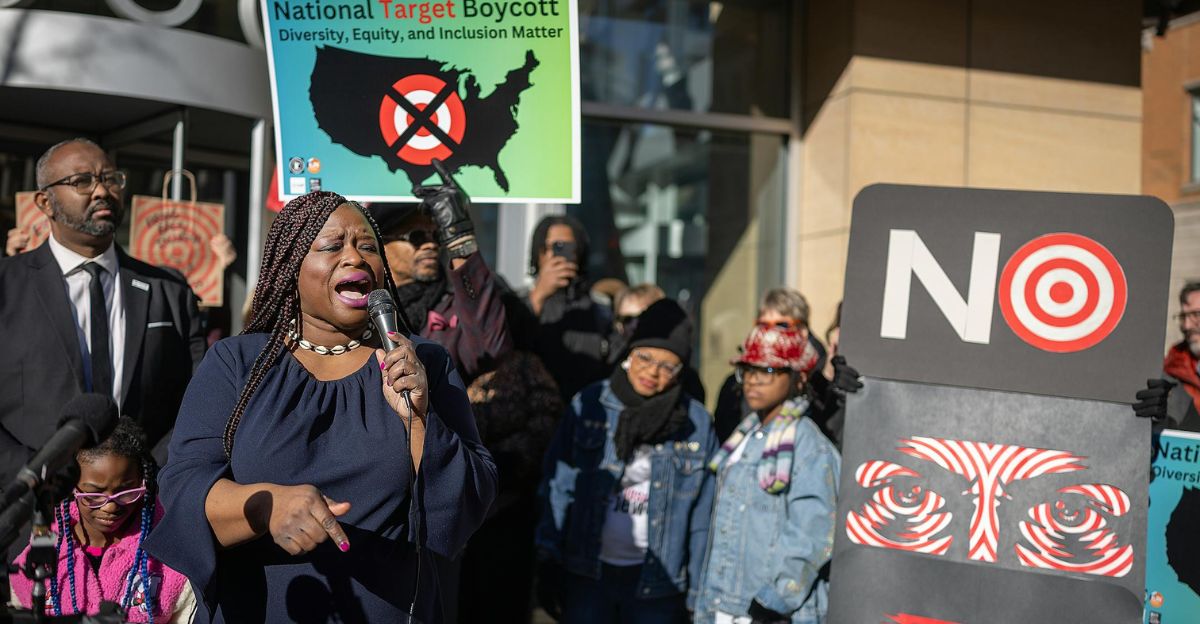
The rollback ignited widespread public backlash, including nationwide boycott campaigns led by civil rights leaders like Pastor Jamal Bryant. Social media amplified calls for accountability under hashtags such as #BoycottTarget, while Target’s co-founder’s daughters publicly condemned the decision as a betrayal of the company’s founding values.
This consumer discontent has damaged brand reputation and contributed to declining foot traffic and online engagement, signaling a fracture in customer loyalty.
Legal and Financial Repercussions

Investors responded with lawsuits alleging that Target misled shareholders about the financial risks associated with cutting DEI programs. The stock price plunged approximately 12%, wiping out billions in market capitalization.
These legal challenges underscore growing investor anxiety over corporate governance and the financial implications of reversing social commitments, raising questions about long-term confidence in Target’s leadership and strategy.
Tariff Uncertainty and Economic Pressures

Tariffs have added to Target’s operational challenges by increasing costs for imported goods, pressuring pricing strategies. CEO Brian Cornell acknowledged these tariff-related cost pressures and indicated that price increases might become necessary as a last resort.
Such potential price hikes risk further dampening consumer spending, especially amid already cautious purchasing behavior, complicating Target’s efforts to stabilize sales.
Sales Performance and Consumer Spending Trends

Target reported a 3% year-over-year sales decline, with e-commerce sales falling 10.5% and same-store sales down 4.3%. Discretionary categories like fashion and home furnishings saw notable drops, reflecting consumers’ tightened budgets and shifting priorities.
Inventory reductions align with this cautious spending, highlighting how economic pressures and social controversies are converging to challenge Target’s growth outlook.
Contrarian Perspectives and Industry Comparisons

Other major corporations such as Walmart, Amazon, and Google are quietly reassessing their DEI strategies amid similar political and legal pressures. Some argue that rolling back DEI efforts might reduce political backlash, while critics warn it risks alienating core customers and increasing brand vulnerability.
Extreme cases of corporate DEI reversals illustrate mixed market outcomes, underscoring the complexity and high stakes of balancing social responsibility with business pragmatism.
Historical and Societal Context

Corporate DEI initiatives have grown over the past decade, becoming deeply politicized and intertwined with broader social movements. Target’s rollback reflects tensions between trade policy, consumer activism, and corporate social responsibility shaping today’s retail landscape.
This shift also threatens the ecosystems supporting minority-owned businesses, raising concerns about the future of supplier diversity and equitable economic opportunity in the retail sector.
Impact on Americans Today
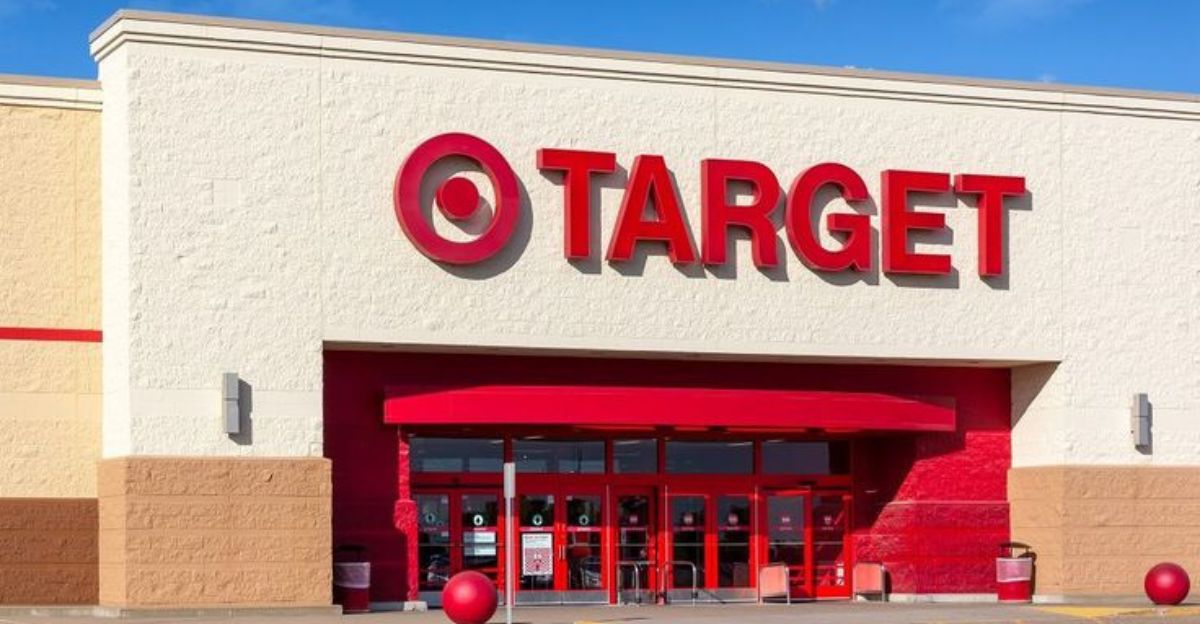
Target’s challenges mirror broader economic and social dynamics affecting American consumers. Tariffs contribute to higher prices, squeezing household budgets, while the rollback of DEI programs influences consumer loyalty and community trust.
This situation exemplifies the ongoing tension between economic pressures and social justice commitments, highlighting how corporate decisions in retail resonate beyond business, affecting everyday Americans’ values, spending, and social cohesion.
Discover more DIY hacks and style inspo- Follow us to keep the glow-up coming to your feed!
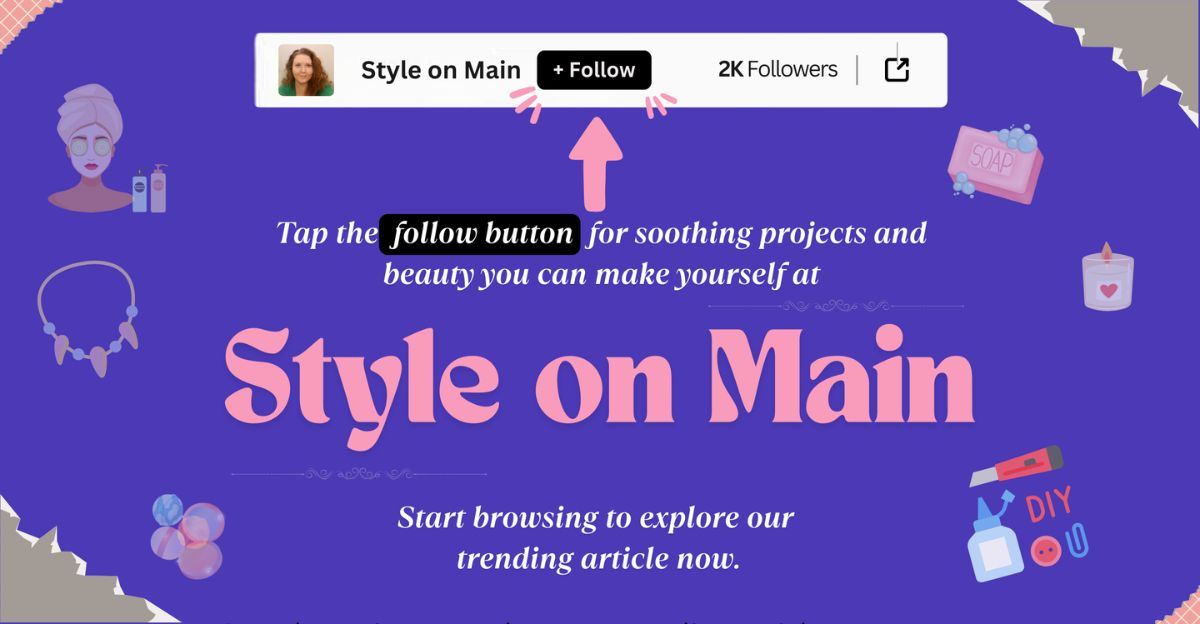
Love content like this? Tap Follow at the top of the page to stay in the loop with the latest beauty trends, DIY tips, and style inspo. Don’t forget to share your thoughts in the comments — we love hearing from you!